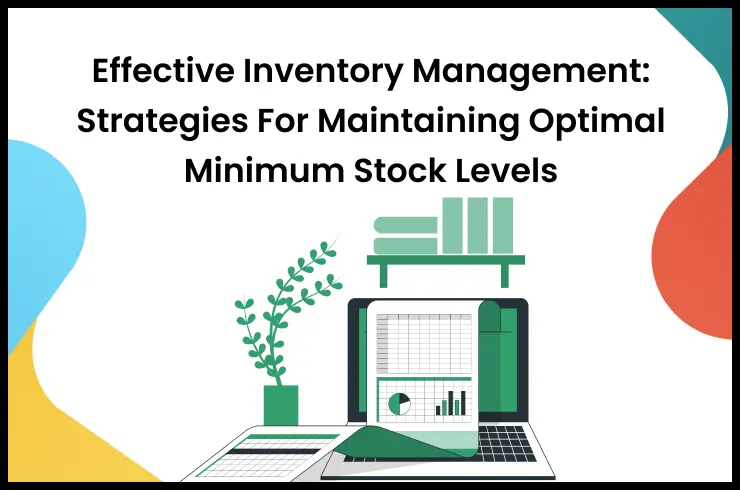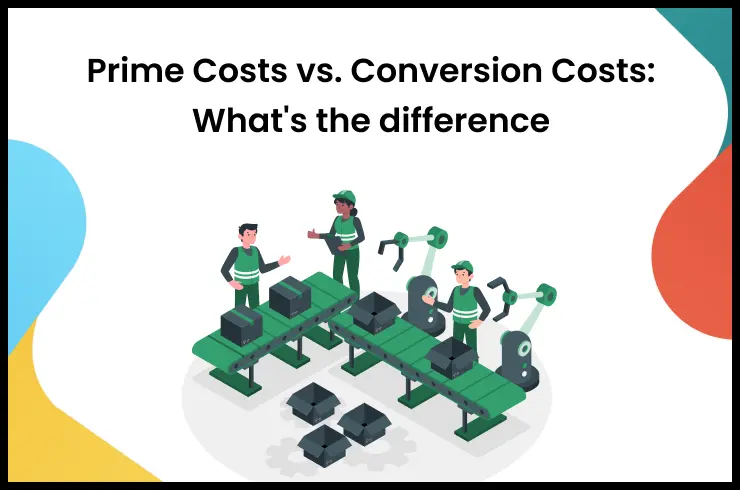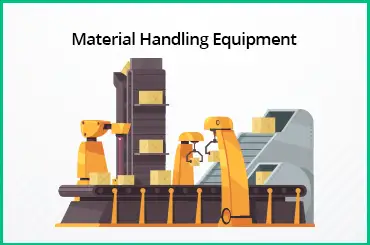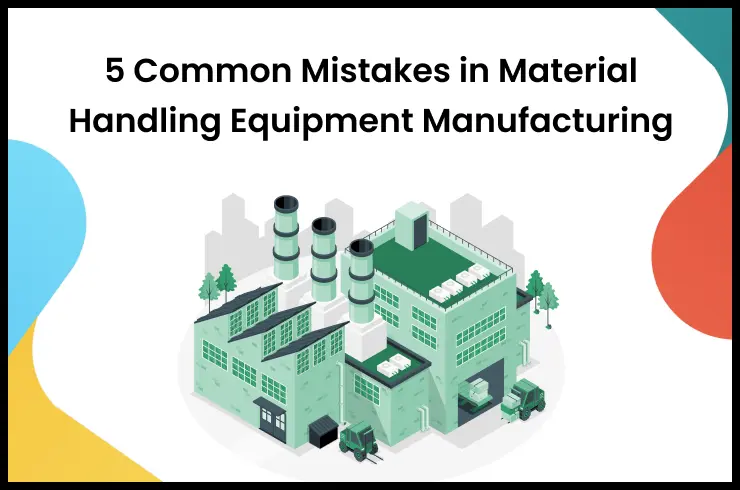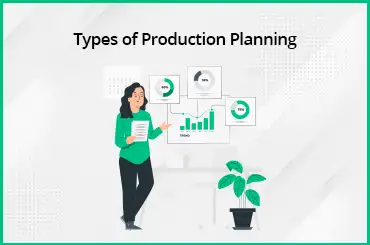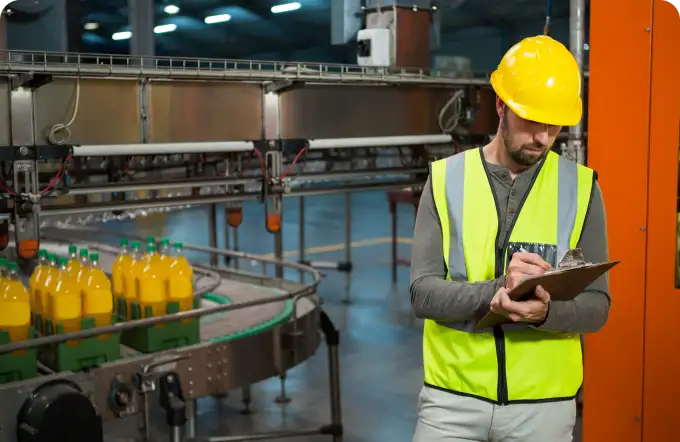Batch manufacturing is the best way to automate time-consuming inventory monitoring processes and streamline production line activities. This efficient approach enables manufacturers to produce goods in large amounts, without missing out on key details. This blog post will cover everything you need about batch manufacturing - its advantages and how it can benefit your bottom line.
What Is Batch Manufacturing?
Batch manufacturing is a process where goods are produced in specified quantities or groups according to pre-identified steps. In this type of production, specific changes in quality are guaranteed within a specific timeframe.
Batch manufacturing produces products in small, repeated units, known as "batches". This allows manufacturers to produce large quantities of goods without investing in the costly infrastructure required for mass production. As an example, this technique is often employed in the food and beverage industry to manufacture food items like cheese and various types of beverages. It's also employed in the pharmaceutical production of medicines and vaccines.
With batch manufacturing, each product batch is typically created according to identical specifications, guaranteeing that each final item meets the required quality requirements.
There are many advantages of batch processing. A batch manufacturing system offers the primary advantage of being flexible and adaptable to changes in demand. Manufacturers can alter batch sizes according to customer needs, making it an ideal production method for companies with seasonal products or businesses whose demand fluctuates throughout the year.
It also comes with certain challenges. One of these is that it may be challenging to ensure consistent quality control when producing large product volumes. Furthermore, batch sizes are usually limited by factory floor capacity and machinery limitations. This makes it difficult to scale up production when demand surges suddenly.
Characteristics of Batch Manufacturing
Let's understand the most important characteristics of the batch production system:
Short production runs:
Batch production is characterized by frequent setup changes and short production runs. A limited number of parts or assemblies are assembled on the equipment, which is then changed to make a new product.
Labor with specific skills:
Workers must have specific skills in one manufacturing process, for example, turn, mill, drill, weld, grind, hobble, or fit.
Expertise in a specific process:
Supervisors have an in-depth knowledge of a specific process. Unlike supervisors in the turning and drilling section, grinders, for example, should be knowledgeable about different types of grinding tasks.
Automated materials handling:
When work is done in batches rather than jobbing, lower material handling complications are involved. A unit load is made up of individual components and parts that are transported in trolleys or trays. Materials can be handled mechanically by power-driven trucks, rather than manual handling.
What Is Batch Production in Manufacturing?
Batch production in manufacturing is a process where a fixed number of finished products is produced in a single production run or 'batch'. In this method, all the required raw materials and equipment are brought together and processed at one time to produce the set of finished goods as desired.
In batch-size manufacturing, several identical products are produced simultaneously, rather than one at a time. The manufacturer decides the size of the batch, and how often it will be produced, along with the specifications for each batch of products and when they need to be changed over time. If the color or size of a specific group must be changed, per a particular order of preferences, it may be necessary to do so.
Batch processing in manufacturing is divided into separate stages for each batch. In other words, the next batch cannot begin a stage while the previous one is still in the middle of it. It is possible to carry out quality checks after each step of the production process. Furthermore, it is possible to test machinery between batches to ensure no performance problems. Other approaches don't allow this kind of flexibility.
To determine which method and process best suits your business needs, you can also examine the following types of manufacturing processes.
Different Types of Manufacturing Processes
Batch manufacturing is a technique for producing small numbers of goods in large volumes. It's often employed for products with limited availability or that require high customization levels. Let's look at the three stages of manufacturing which support batch production:
Assembly Line:
An assembly line is a manufacturing process in which each step in the production chain is completed at its station. Assembly lines are commonly employed for products that need large-scale production.
Job Shop:
A job shop is a manufacturing process in which each product is created individually. This approach works best for customized items or those requiring great attention to detail.
Mass Production:
Mass production is a manufacturing process in which many items are created simultaneously. This technique is commonly employed for items that must be mass-produced.
Other typical manufacturing processes include CNC machining, injection molding, and 3D printing.
CNC Machining:
CNC machining is a type of manufacturing that utilizes computer numerical control (CNC) machines to craft parts and components. This process is commonly employed for products requiring precise accuracy or complex shapes.
Injection Molding:
Injection molding is a manufacturing process in which plastic materials are heated and injected into molds to form products. This production method often works for items requiring large numbers of identical pieces.
3D Printing:
3D printing is a manufacturing technique in which objects are created by layering additive materials. This type of production is often employed for products with complex shapes or intricate details.
Other manufacturing processes include casting, forging, and powder metallurgy as discussed below:
Casting:
Casting is a manufacturing technique in which liquid materials are poured into molds and allowed to solidify. This type of production is commonly employed for products requiring complex shapes or fine details.
Forging:
Forging is a manufacturing process in which metals are heated and then shaped through hammering, pressing, or rolling. This method of production is commonly employed for products requiring strength or durability.
Powder Metallurgy:
Powder metallurgy is a manufacturing process in which powdered metals are heated and compressed to create parts and components. This technique of manufacture is often employed for products requiring precision or complex shapes.
These are a few of the many manufacturing processes used to craft products. Determining which process works best for your item is essential to guarantee maximum quality and efficiency.
Batch Production vs. Mass Production
Businesses all over the world use a variety of production management methods to produce large quantities of the same item. Are there any efficient ways to manufacture products on a large scale without compromising the quality? Typically, one answer to this question is 'batch production' or 'mass production'.
What Is Batch Production?
In batch production, many units are produced at once using a variety of steps. Production of this type is usually used when a large quantity of high-quality items needs to be manufactured. 'Batch' is a term used to describe the movement of units between steps. An example would be a batch of cookies. Several cookies will be processed simultaneously before they move on to the next step.
Production is done in batches as products are processed together. As previously mentioned, a high level of quality is maintained throughout each item produced by this process. Consequently, batch production typically requires fewer workers, who are usually experts.
What Is Mass Production?
Mass production involves a series of steps performed simultaneously during a product's production. This form of production can achieve greater output than batch production. The various equipment used to produce the items in mass production are used simultaneously.
Mass Production vs. Batch Production: What Are the Main Differences?
There is a significant difference between mass production and batch production. During batch production, products are created in unique batches. This allows different batches of items to be produced using the same production equipment, but at different times. For example, a bakery can produce muffins with the same equipment used to make cookies. Equipment can be cleaned and reconfigured between the two different batches.
On the other hand, mass production allows a variety of products to be produced simultaneously. Assume that there are various types of juice produced by the same company. This method allows the company to produce apple juice, orange juice, and grape juice at the same time.
Maximize Your Manufacturing Efficiency With the Right Software
Inefficient and obsolete production processes lead to a longer turnaround time and wastage of raw materials, making it difficult to scale operations. TranZact is a sophisticated and intuitive software that helps businesses to overcome such challenges by offering expert production management functions.
TranZact is not just an ERP software but a lot more than that. With it, you can track your inventory, optimize production operations, and complete the sales cycle, starting from the inquiry to dispatch. This tool is a must-have for businesses looking to automate their business and cut costs effectively.
FAQs on Batch Manufacturing
1. What is batch manufacturing, with example?
Batch manufacturing or batch production is a reliable goods manufacturing method wherein a specific quantity or 'batch' of a product is produced at one time by breaking it down across different stages. Batch production examples are the manufacture of goods such as cricket bats or furniture goods such as chairs.
2. What is batch vs. mass production?
Batch production is a manufacturing process where highly customized goods are produced in fixed quantities of units being produced, one batch at a time. Mass production, on the other hand, is a manufacturing process where large quantities of standardized products of different types can be produced simultaneously using an assembly line.









